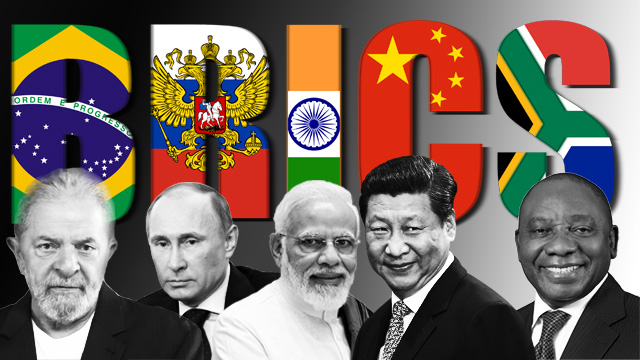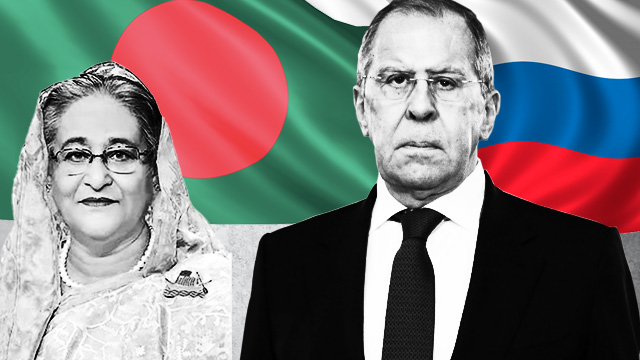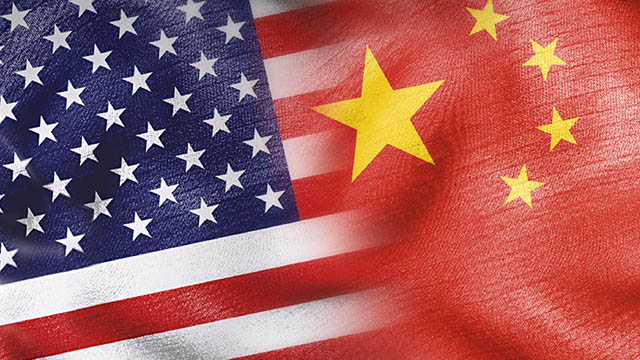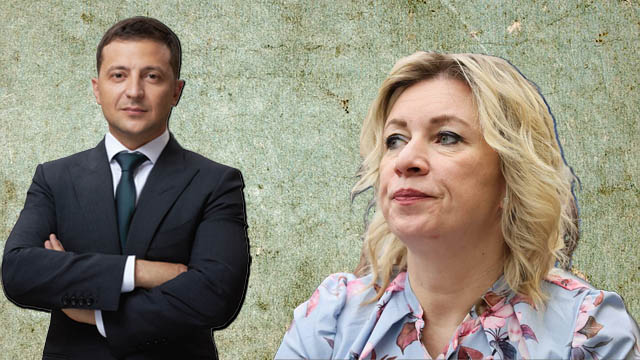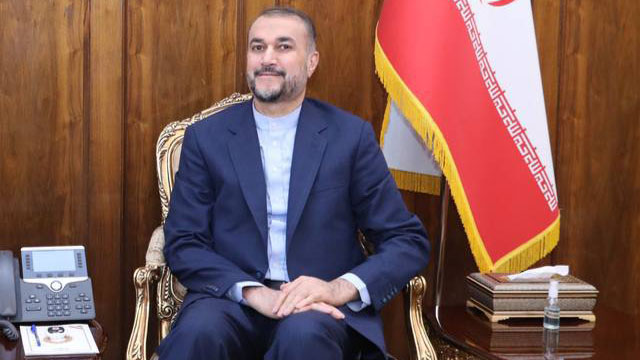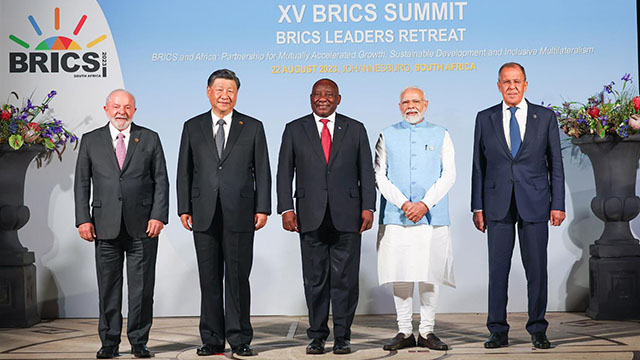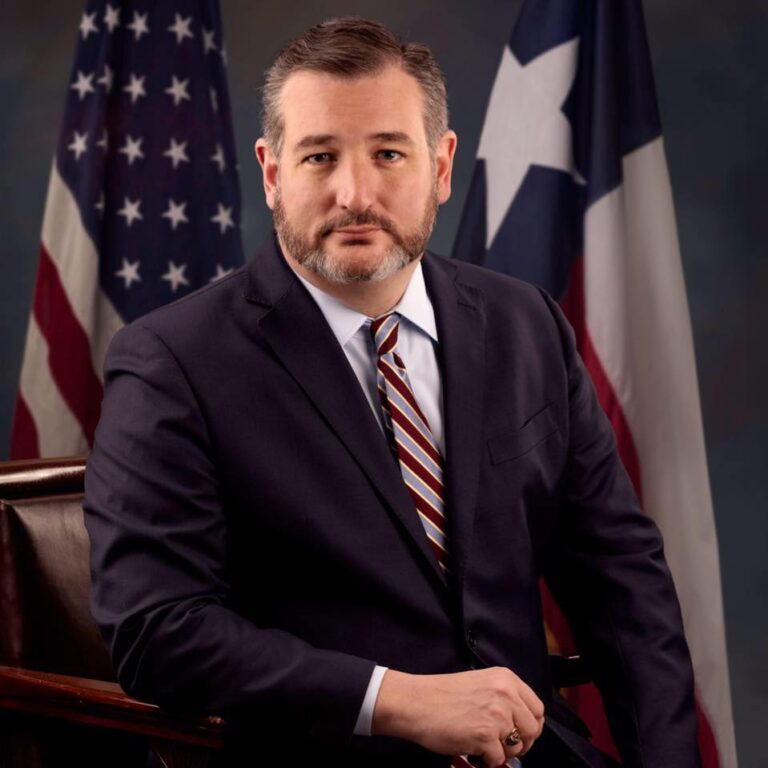Leaders from the BRICS alliance, comprising Brazil, Russia, India, China and South Africa, are gathering in Johannesburg’s financial district of Sandton for a three-day summit of the bloc. The BRICS summit in South Africa is anticipated to witness discussions on ways to consolidate political and economic influence in the developing world, especially the Global South, marking a pivotal moment in international diplomacy.
China’s President Xi Jinping’s participation in the BRICS summit in South Africa underscores his government’s continued investment in the BRICS alliance as a vehicle for its strategic aspirations. In a noteworthy move, Russian President Vladimir Putin will participate in the BRICS summit in South Africa via video conference due to an International Criminal Court (ICC) arrest warrant against him over the Ukrainian conflict.
Indian Prime Minister Narendra Modi is expected to be a key part of the summit, which will be joined by Brazilian President Luiz Inácio Lula da Silva and South African President Cyril Ramaphosa as well. In his departure statement, Modi emphasised that BRICS has been pursuing a strong cooperation agenda across various sectors.
“We value that BRICS has become a platform for discussing and deliberating on issues of concern for the entire Global South, including development imperatives and reform of the multilateral system”, Modi said.
The core of the discussions is expected to revolve around strengthening cooperation among nations in the Global South. This sentiment resonates with Russia and China’s shared inclination to challenge perceived Western hegemony in global institutions. The meeting is set to draw the attention of numerous developing nations that are considering BRICS membership.
A significant focal point is the proposed expansion of the BRICS bloc. Bangladesh, Egypt, and Saudi Arabia, along with more than 20 other countries, have formally applied for membership. This move has the potential to create a more diverse and robust coalition that could counterbalance the influence of Western powers.
While Brazil, India and South Africa have expressed reservations about expansion, there appears to be growing momentum towards it. Discussions about the criteria for new member inclusion are on the agenda, reflecting China and Russia’s eagerness to broaden BRICS’s reach.
The United States and the European Union are closely monitoring the developments, aiming to counterbalance the potential impact of increased Russian and Chinese influence within the BRICS alliance. The BRICS summit in South Africa is also likely to witness discussions on challenging the dominance of the US dollar in global financial systems.

